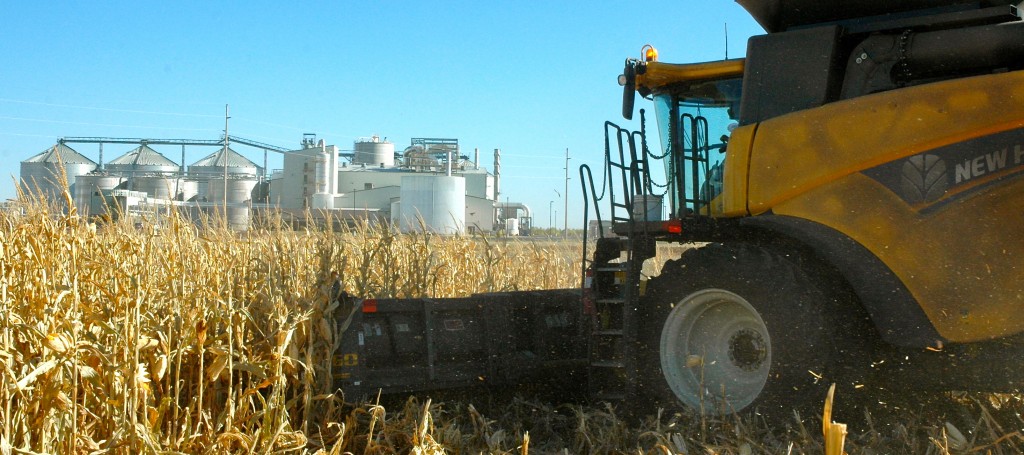Corn Ethanol’s Carbon Intensity On the Decline
In just the past seven years, corn farming has changed dramatically. America’s corn farmers clearly see the increasing demands for safe and affordable food, feed, fuel and fiber around the world and have answered the call.
Farmers have invested and continue to invest in advanced seed genetics, precision technology, high efficiency equipment and water management systems that have returned higher yielding crops, using fewer inputs and energy.
Other positive changes have stemmed from South Dakota’s increase in no-till practices and higher corn yields, which have created carbon sinks across eastern South Dakota soils.
These improvements are cited in a recent white paper by South Dakota Corn Growers founder and American Coalition for Ethanol president, Ron Alverson titled, “Rethinking the Carbon Reduction Value of Corn Ethanol.”
“Corn farmers have responded to market signals and rapidly adopted precision application technology to reduced fertilizer application rates,” stated Alverson.
But corn farmers aren’t alone. Ethanol plants have also found ways to become more efficient during the past several years as well, and those investments have paid large dividends over and over again to the entire farm community and biofuels industry.
Efficiency improvements since 2008:
- Ethanol manufacturing’s energy use has declined by 25%
- Corn farming’s energy use has declined by 24%
- Corn fertilizer and chemical use has declined by 3%
- Ethanol plants are extracting 3% more ethanol
As the numbers presented in the white paper explain, if government models were updated to use current data, agencies including the Environmental Protection Agency and California Air Resources Board would witness that corn ethanol in certain areas has evolved into an advanced biofuel when considering carbon intensity requirements.
Ron hits the nail on the head when he states, “Failure to acknowledge these trends erodes public support for biofuels and unfairly penalizes biofuels in low carbon fuel markets.”
The paper states that since 2008, farming and ethanol plants have combined to reduce the overall carbon intensity of corn ethanol by more than 50%! Continuing trends show that the carbon intensity of fossil fuels continues to climb as corn ethanol’s declines.
Alverson concludes, “The future is bright for corn ethanol to provide meaningful contributions to reducing greenhouse gas emissions from transportation fuel. Recognizing these new realities would provide us with a homegrown advanced biofuel that meets a range of health and public policy objectives.”

